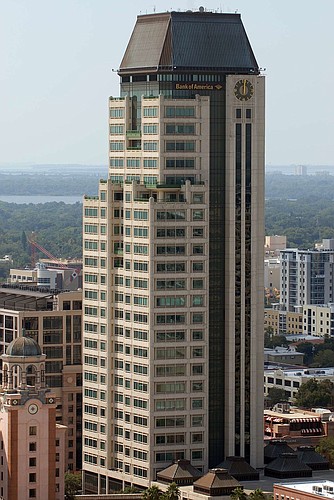- December 15, 2025
-
-
Loading

Loading

Although the COVID-19 pandemic has ushered in a wave of work-from-home sentiment aimed at limiting human interaction to stop the spread of the disease, office co-working firm Industrious is pushing ahead with an ambitious Tampa Bay expansion.
Fortified by measures to keep their offices sanitized and increased social distancing, Industrious is on track to open co-working spaces in downtown St. Petersburg’s 200 Central Ave. tower; Sparkman Wharf within the $3.5 billion Water Street Tampa project; and in Ybor City next summer.